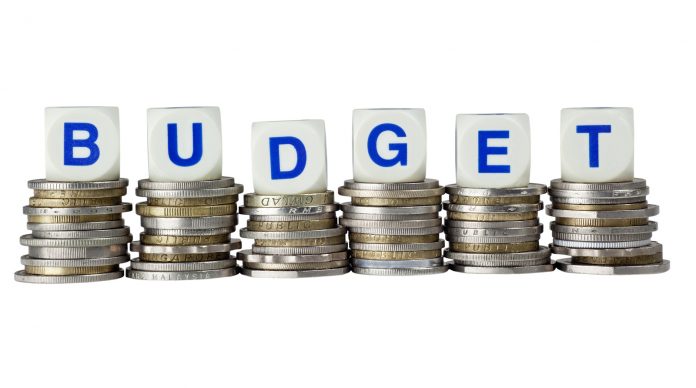ISLAMABAD
Despite tall claims of providing favorable environment for investors, the budget of FY 2017-18 has nothing to offer for both local and foreign investors in the long-term as far as taxes are concerned. The corporate tax ranging from 30 per cent to 35 per cent in the previous year is still on the high for investors who are or tend to invest in the country.
Similarly, analysts believe that, increase in number of years for tax relief will also not be encouraging for both public and private investor. There has been no significant step taken for an improvement in starting a business, where energy is one of the primary indicators. In budget 2017-18, where government has proposed Rs 401 billion for power sector development, including investment of Rs 317 billion to be undertaken by WAPDA, only focuses on projects like LNG based power terminals, Nelum-Jhelum hydro power project and Tarbela hydel power to be more specific.
There has been no significant allocation for improvement of quality and efficiency of energy sector. Factors, which should be included in this regard for efficient and quality energy, are introduction of systems to reduce number of days from starting of application to installation of system and quality of services including outages, restoration, regulation and communication. For coming years, more dependence is on investments in infrastructure and energy related projects with little efforts being done towards improved innovative investments, for e.g. only Rs 500 million has been allocated to Innovation Challenge Fund with special focus on the use of technologies and SMEs. Besides this innovation challenge fund for access to finance by introducing fund of Rs 3.5 billion under risk mitigation facility for SMEs in SBP.
The steps taken in the current budget have very little to offer for investors in terms of reforms which will help in easing the cost of doing business. Only incentives offered are for new companies which are entering the market in the form of tax relief for very short period of time (three years).
According to them the next budget didn’t offer anything for improving the cost of compliance which can help investors step up and sustain. Similarly, nothing was offered in the form of cost of entering the market due to additional tax measures, which also goes down to district level. As can be seen from the budget and monetary policy document only lowering the interest rate will not serve the purpose.
This budget only played around with the number on tax and tax relief to promote local and foreign investment, there should be a reduction in number, rate and type of direct taxes. Similarly, the budget didn’t highlight the balance in tax contribution by different sectors of the economy.
The analysts opine that the budget 2017-18 should have proposed a careful review of taxation on inputs to provide relief to major sectors like agriculture where farmers are also subject to GST and customs duty. For the case of industry, a level playing field for SMEs needs to be in shape and steps should be taken for encouragement of SMEs by provision of exemptions and preferences in the tax code with no offers in this budget.




